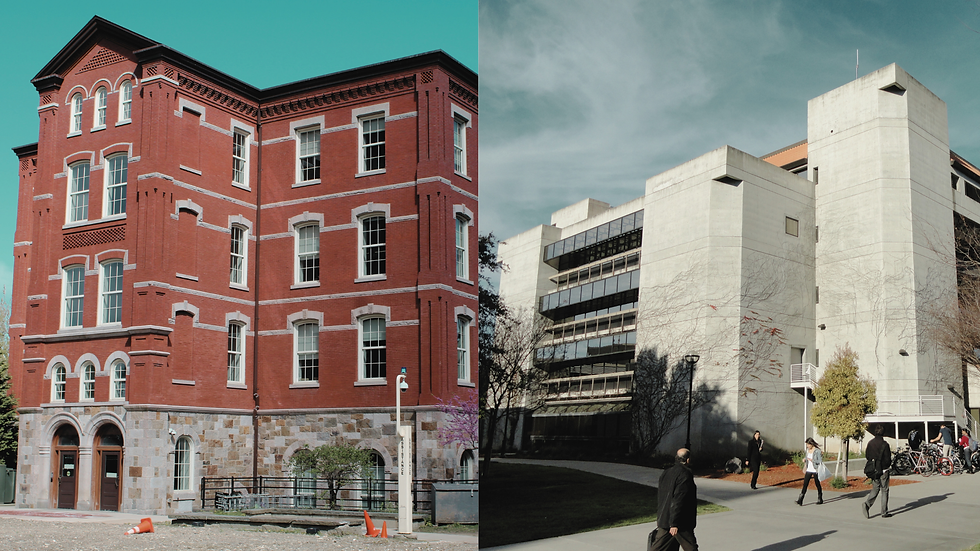Turkey’s Emergency Commission Denies Appeals from Peace Academics
- Dolunay Bulut
- Dec 17, 2021
- 2 min read

"We will get back our usurped rights" || Photo credit: Bianet
Since 2016, thousands of Peace Academics along with journalists, political activists, and public servants, have been dismissed from their positions in Turkey. Following hundreds of court cases over multiple charges, the State of Emergency Commission (SEC), which was launched to oversee the government’s decisions under the two-years long emergency rule, was authorized to investigate the Peace Academics’ appeals among others. However, the SEC has done nothing other than reject applications and remain silent.
From October 28 to November 12, 2021, the SEC reviewed and immediately turned down applications by 53 Peace academics concerning their request of reinstatement to their posts. Despite the Constitutional Court ruling in July 2019, which overturned the lower court rulings charging the signatories of the Peace letter with terrorism, the Commission has refused their request of reinstatement.
Academics for Peace, the institutional home for Turkey’s Peace Academics, emphasized the unconstitutionality of the Commission’s decision and demanded the abolition of the SEC immediately, describing it as an obsolete and controversial body that is no longer needed. The SEC “cited the indictment of the cases where we were acquitted as a reason for rejecting the applications and acted like the Constitutional Court ruling does not exist," according to a statement shared by Academics for Peace on Twitter.
According to the latest periodical report of the Human Rights Foundation of Turkey (TİHV), more than 1,000 dismissed academics, that is one in seven Peace Academics, do not have an income-generating job, and 39 percent do not have a full-time job (TIHV p.78). More than 58 percent of the Peace Academics have a lower income than an average faculty in a public university (TIHV p.77), 14.2 percent have an income below the minimum wage, and 6.6 percent have no income at all. 36.8 percent of them have no social security (TIHV p.80), while one in 10 academics does not have health insurance (TIHV p.149). Half of the participants surveyed for the report stated they needed economic assistance (TIHV p.162).
The report was completed before the SEC refusal of the reinstatement appeals from academics. However, as TIHV stated, despite the SEC’s de facto punishment strategy, the survey results indicate that Peace Academics are in a slightly better, yet still incredibly fragile position in terms of work, study, and income, compared to two years ago. The report also notes that the improvement of their conditions does not suffice to overcome the negative effects of dismissal from the profession and the surrounding feelings of uncertainty and precarity (TIHV p.168-173).
Endangered Scholars Worldwide (ESW) condemns the Turkish government’s recurring attacks on academic freedom and the constitutional autonomy of higher education institutions in Turkey. The ongoing tensions in Turkey have had a profoundly negative effect on academic freedom and continue to pose a grave threat to higher education on a national scale. ESW urges the Turkish authorities to respect and guarantee the autonomy of higher education in Turkey and to implement the provisions and principles of human rights as specified in international conventions and treaties, and to drop any charges against the accused arising from their nonviolent exercise of the rights to expression, association, and assembly.




